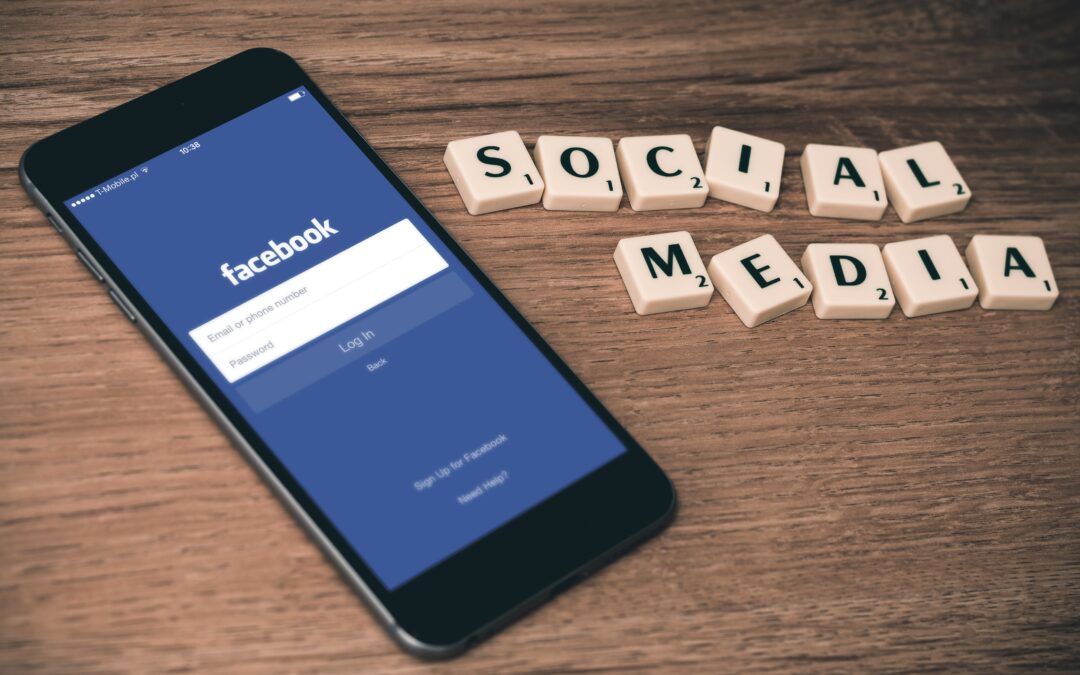According to Statistica, around 79% of the US population has a social media profile, and as of 2018, there were about 244 million social network users.
Clearly, we are in an age where social media is the most common form of communication. Many of us are used to posting daily about…well, pretty much everything.
But people going through a personal injury claim need to be extra cautious about the way they are using social media before and during the process.
If you have been in an accident or another incident that involves a personal injury lawyer, you need to be aware that anything you post on social media can legally be used as evidence against you. If you’re unfamiliar with personal injury, be sure to check out the 10 Personal Injury Law Terms and Definitions You Should Know.
Your Facebook Information Is Not 100% Private
People often think that only their Facebook friends can see their posts, but in reality, they are technically public property and legally accessible.
Courts know that your information is not technically “public” if you have your privacy settings turned on — but it’s not legally private, either.
According to the American Bar Association,
“…parties in litigation are entitled to discovery of all relevant, non-privileged information. Thus, social media content is subject to discovery, despite the privacy settings imposed by the account user.”
The ABA also states that claimants should have “no reasonable expectation of privacy with respect to the shared content.”
This is why you should exercise caution whenever you are posting anything that could be used against you in a legal setting. This means photos, Facebook statuses, conversations, comments, check-ins…anything.
Acquiring Evidence Via Social Media is Legal
Many may not know that there are legal means of finding out people’s personal information on social media, even if someone has all their settings on “private.”
All civilians are subject to this. The only exceptions are people in law enforcement.
Bear in mind that this is in place to protect the public – as in the case of an ex who was convicted after stalking someone via WhatsApp messenger.
So even if you are using personal messaging, most US courts still consider this legal and relevant evidence.
Potential Consequences of Posting On Social Media During an Injury Claim
Defense attorneys and insurance adjusters will use social media postings if they see anything that could lead them to think that you are making a false or misleading claim, even if the post itself is topically unrelated.
You may inadvertently share content which implies that you are in good physical health, for instance, even if you are claiming a serious injury. This applies to all content like check-ins and photos, and even conversations on other people’s pages.
Here are some possible consequences should this happen:
- You may be accused of a false claim via an intervening cause
- The case could be dismissed per the defendant’s request
- The claim can be denied at the outset
- The evidence may be used to weaken the case
- You may end up with less money in the settlement
- You may be accused of comparative negligence
Learn more about our personal injury law services.
Tips for Keeping Yourself Protected On Social Media
It may seem daunting knowing that your personal information isn’t technically private. As such, here are some steps that you can take to help protect yourself:
- Make sure your social accounts are private
- Make sure others can’t tag you
- Don’t use location services like “check-ins”
- Refrain from posting all photos
- Make sure only friends can see your account
- Make sure that none of your posts are public
- Don’t discuss lifestyle or health (even your mental health or mood)
- Update your privacy settings
- Ask friends and family members to keep any conversations about the case offline and not tag you
- Don’t delete older posts without checking with your personal injury lawyer
- Don’t use third-party apps or respond to messages from strangers
To be completely sure that your information won’t be used as evidence, you may want to avoid posting on social media completely and temporarily deactivate your accounts.
We Can Help
A personal injury lawyer should offer guidance regarding your social media use during any legal process.
If you need help with a personal injury lawsuit in Colorado, call us today for a consultation.
Enjoyed this article? Here are three more to help you:



